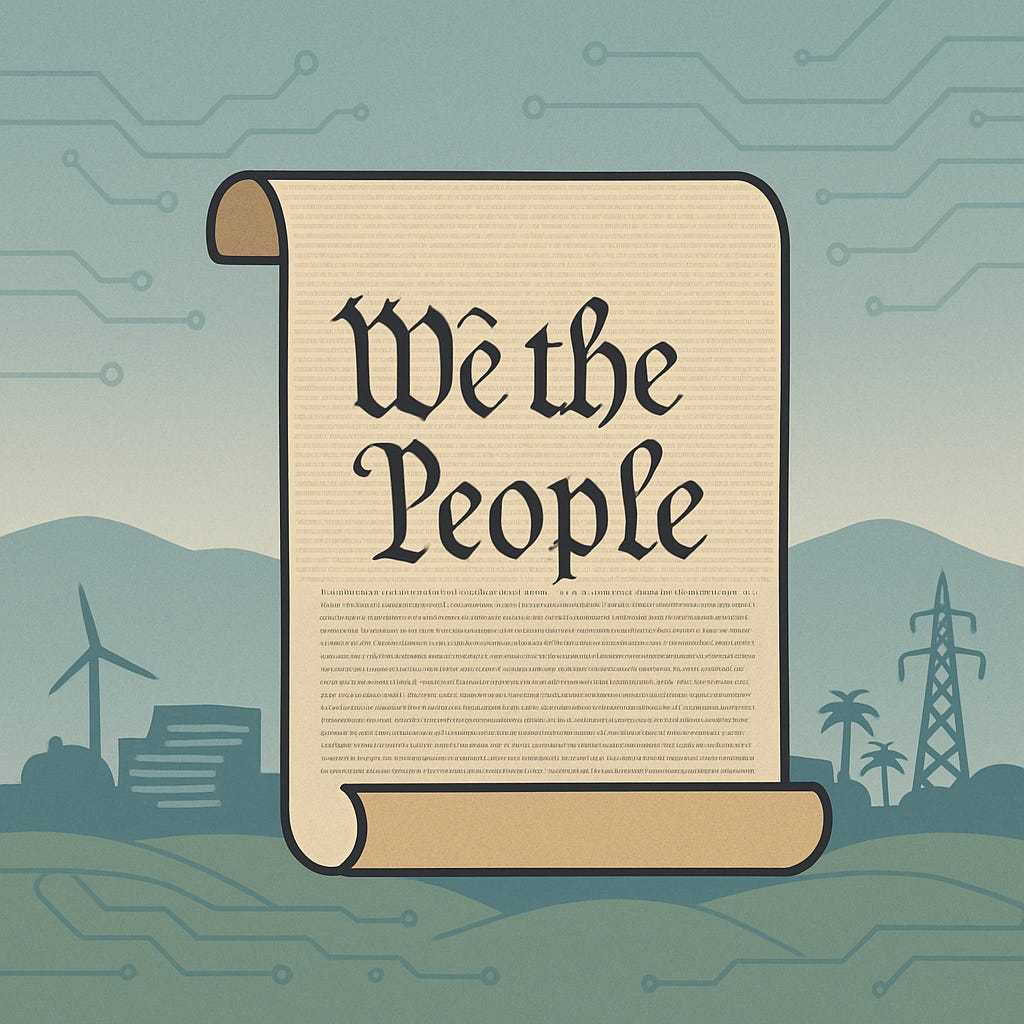AGI Politics
Super-PACs, America First chips and political competition
Yesterday, Marc Andreessen and Greg Brockman launched a super-PAC, "Leading The Future", reportedly with funding in the low hundreds of millions — which would put them in the same league as the biggest PACs. Today, Meta announced it would launch a California-focused one. Together, these vehicles could account for single-digit percentage points of all campaign spending in the 2026 midterms.
These moves herald the beginning of an era of AGI politics. And we’re starting behind.
For the past few years, the DC folks have “AGI policy”: the set of clever actions or policies governments could enact in an ideal world. The best ideas were grounded in implementation details—Which agency’s purview? How much money?
But we abstracted away the politics of it all — how do you sell this policy in the current political environment? Who are the key decisionmakers, and how do we convince them?
Going forward, more people should focus on “AGI politics” alongside ideation and implementation. Ultimately, that means answering two questions:
How do we become more politically competitive?
How do we make our ideas more politically competitive?
I’ll leave the first for another day: it will require shifting public momentum toward AI safety, correcting structural flaws in the existing ecosystem, and mobilizing far more funding.
The second is comparatively easier.
A worked example: AI Chips
Consider exports for AI chips. Nvidia and Jensen Huang haven’t offered real policy innovation to sell the H20s so much as rhetorical and political innovation. “Export the U.S. tech stack abroad,” they argue—backed by copious lobbying and face time. The core argument is weak—we’d be better off renting the compute instead—but it deploys a powerful analogy (Huawei and the developing world) and, rhetorically, it lands.
If you’re thinking about implementing export controls (which I view as important for maintaining the U.S. AI edge), consider how to achieve the same outcome while aligning with the political moment. For instance, highlighting the contradiction—American AI startups wait in line for Nvidia chips while Chinese firms get served first—will likely persuade more people.
Call it “America First Chips”: all U.S. orders are fulfilled before Chinese/international ones. Functionally, you get much of what export controls aim for—but framed in a way that fits the current political environment companies are operating in.
We, The People
It’s unsurprising the AI companies are lobbying so hard: they do not have the support of the public nor the more honest policymakers. Their technology may bring tremendous benefits—to the world and to their shareholders. But we must not let public interests be drowned out by the lobbying dollars on offer. We—and our ideas—must compete. For the people.


